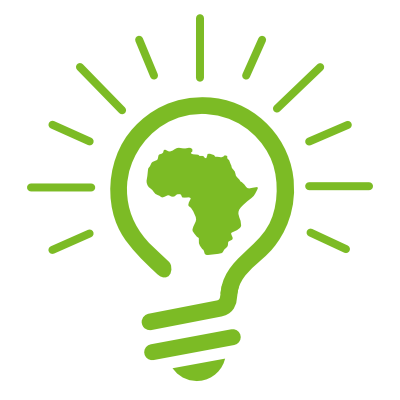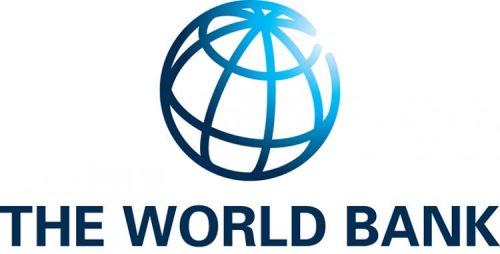Even before the COVID-19 (coronavirus) outbreak, most developing countries were already on a shakier economic footing than they were in the run-up to the 2009 global recession. Their growth had dropped to its lowest level of the past decade. Pre-2009 fiscal and current account surpluses had morphed into large deficits. External debt reached an all-time high.
At the World Bank Group, we are in the process of putting together detailed forecasts for our Global Economic Prospects report, which will be released in early June. The preliminary baseline scenario under consideration indicates that many developing economies are likely to tumble into outright recessions in 2020 before growth resumes next year.
Most developing countries cannot cope alone with the crisis because their circumstances are even more difficult. Health systems in some of these economies are grossly underequipped. Large segments of the population make their living in informal jobs, which means they lack a safety net and will be harder to reach and support amid the crisis. Small- and medium-size firms tend to be a mainstay of economic activity, but they typically lack access to capital, which means a liquidity problem for these firms could quickly turn into a solvency crisis.
We need to close ranks across the world—not just governments and international institutions but also private creditors and businesses. Collectively It is still within the global community’s power to avert the pandemic’s most dire potential outcomes—but we must act decisively now to contain the harm and lay the foundation for a robust recovery.
Read the full article here.



